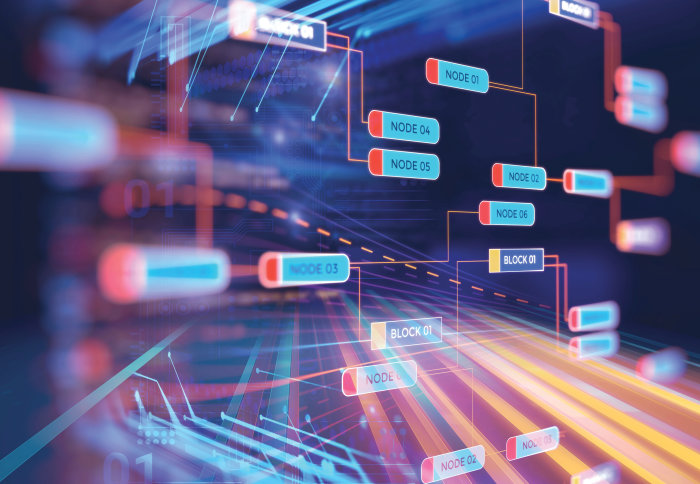Rapid digitalisation of energy sector demands new skillsets, report finds

Energy companies, regulators and policymakers must develop new skillsets to keep pace with the sector's rapid digitalisation, a new report concludes.
Digitalisation of Energy examines how big data, machine learning and AI, the Internet of things, and distributed ledger technology are transforming the way energy is generated, traded and consumed.
“These technologies are quickly evolving and require new commitments, policies, regulation and expertise in order to implement in the most effective manner”, according to the Energy Futures Lab briefing paper by Dr Aidan Rhodes.
It finds that digitalisation will help enable more decentralised and flexible models of energy system integration, with a more direct link between generators, suppliers and consumers, but that “new ways of analysing, compiling and viewing datasets, and new skillsets capable of leveraging energy system data for national and commercial advantage” will be required.
Speaking during a webinar to mark the launch of the report on Friday, Laura Sandys CBE, chair of the Energy System Data Taskforce established by the Department for Business, Energy and Industrial Strategy, Ofgem and Innovate UK, highlighted a “crucial” skills gap in the energy sector.
“I really do think the energy sector is going to have to be very exciting to attract the right sort of skills and expertise and future-facing digitalisation strategies”, the former MP said.
Digital disruption
Some large, established energy companies have, until now, been slow to adapt and innovate in the digital space, according to Dr Rhodes.
“The question is whether they can change that culture to be more risk-taking in this new era or whether it’s really a place for start-ups. I think the jury is still out on whether these big companies can adapt fast enough”, he said.
Laura Sandys also warned of the need for companies to take a more transformative approach:
“If, as a company, you think that digitalisation is really just an add-on, you’ll just put some sellotape on something and just add, in many ways, a new technology onto an old business model… The new system really demands difference and a different approach”.
The briefing paper notes the need for organisations to grow their knowledge “not just of the technologies themselves, but also consumer reactions and behaviour; data collection, analysis and privacy; the effects and consequences of automation; and the risks of cyberattack”.
Policy and regulation
Policymaking and regulation will also need to adapt to take account of new entrants, new business models and more direct consumer engagement, the briefing paper concludes.
It states that regulatory approval for new products and services should be processed as quickly and cheaply as reasonably possible to keep up with the speed of advancement in digital technology and data science.
Speaking at the launch, Dr Jeff Hardy, Senior Research Fellow at the Grantham Institute, called for a flexible approach to regulation:
“When thinking about how to regulate emerging digital energy business models, think principles not prescription because the regulator can never be in a position to know what the potential and outcomes of those models [will be]”.
Dr Hardy added that the expansion of the energy regulator Ofgem’s ‘regulatory sandbox’ amounted to a “genuinely important development to allow innovation”.
Watch the launch of Digitalisation of Energy here:
The Digitalisation of Energy briefing paper is available to download now.
Article text (excluding photos or graphics) © Imperial College London.
Photos and graphics subject to third party copyright used with permission or © Imperial College London.
Reporter
Conor McNally
The Grantham Institute for Climate Change
